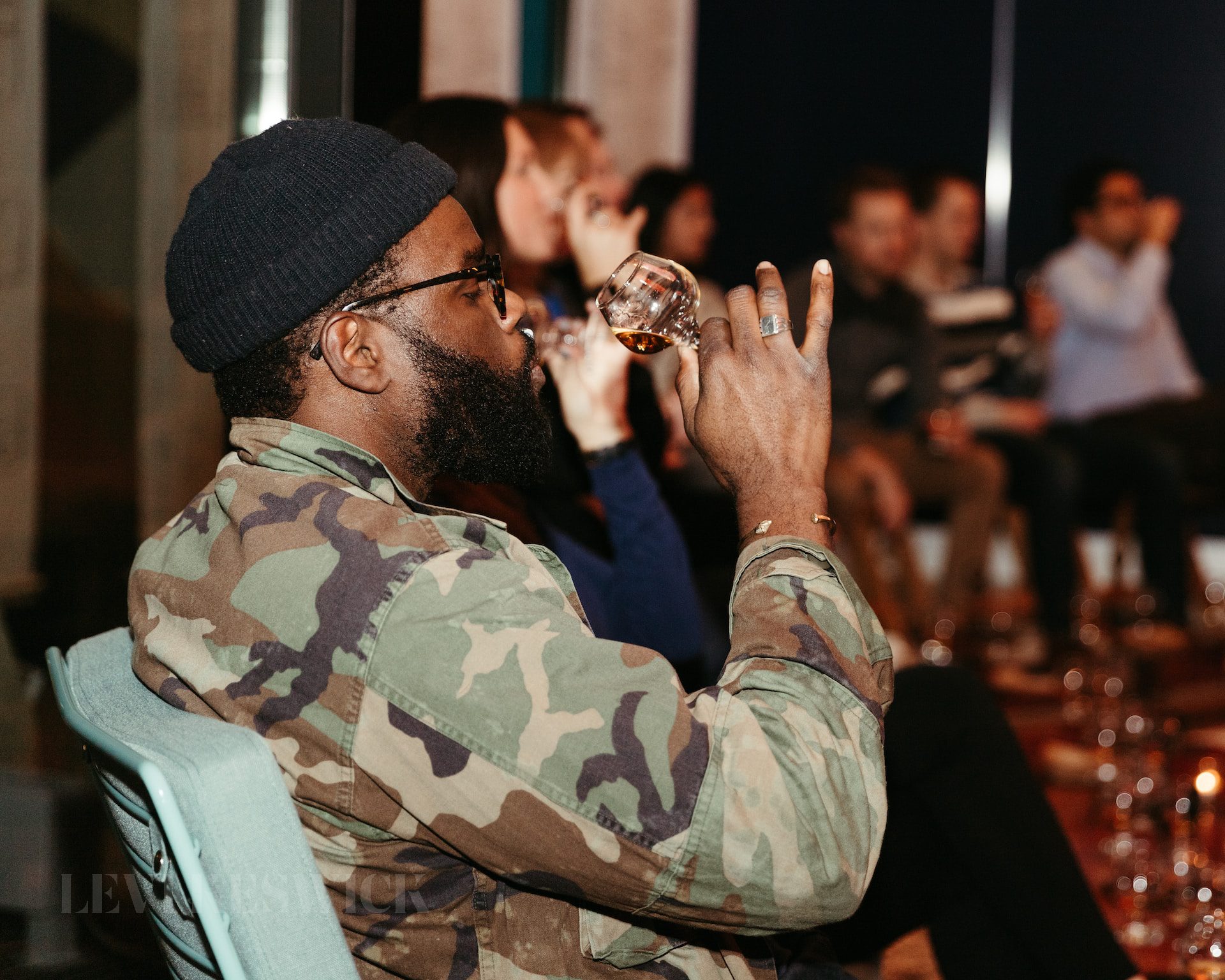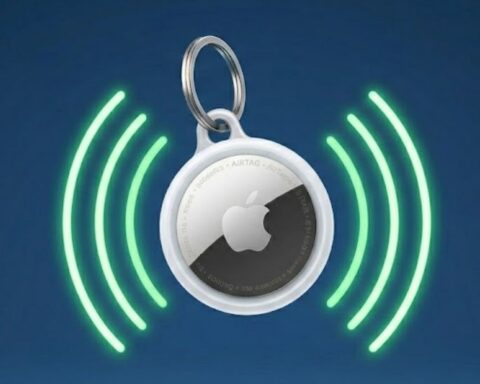Key Takeaways:
- Mispronunciations of beverage names can lead to amusing misunderstandings.
- Bulleit Bourbon’s pronunciation is frequently misinterpreted due to its French-sounding spelling.
- Understanding the correct pronunciation of popular spirits, wines, and liqueurs can enhance your drinking experience and communication.
- Being aware of the origins and historical context of your favorite drinks can enrich your appreciation for them.
Bulleit Bourbon Pronounced: Unraveling the Mystery
Consider the scene: You’re at a gathering, and you overhear someone refer to your favorite whiskey as “Bull-ay.” If you’re familiar with Bulleit Bourbon, you might do a double take. The classic bourbon, distilled in Kentucky and cherished by whiskey aficionados worldwide, is indeed pronounced “Bull-it,” akin to a bullet. Despite the French semblance of its name, Bulleit is as American as it gets.
Interestingly, the brand’s founder, Tom Bulleit, had to clear this confusion at the San Francisco Whiskey Expo. When asked about the pronunciation, he promptly responded, “Just like the ammunition.” This revelation usually leads to a lightbulb moment for those who’ve been twisting their tongues over “Bull-ay.”
The American Bourbon and the French Illusion
Bulleit Bourbon, a spirit firmly grounded in American soil, often falls victim to mispronunciation due to its French-like spelling. It’s a common misconception, considering how prevalent French influence is in the wine and spirits world. However, Bulleit stands as a quintessential bourbon, with its roots tracing back to the Bulleit family’s distilling endeavors in the 1800s in Kentucky.
Beyond Bulleit: The Global Spirits Language Barrier
While Bulleit’s mispronunciation stands as a notable example, it’s not alone. The world of spirits, wines, and liqueurs is filled with names that trip up even the most seasoned drinkers. Let’s delve into a few other examples:
- Cynar – An Italian digestif made from artichokes is often mispronounced as “See-nar” or “Ch-nar.” The correct pronunciation is “Chee-NAR.”
- Cocchi – An Italian fortified wine manufacturer, Cocchi is regularly called “Co-CHEE” or “CAH-chee.” The actual pronunciation? “Co-key.”
- Curaçao – This orange-flavored liqueur, essential in margaritas, is frequently said as “Cure-a-cow” or “Cure-ah-cow.” The authentic pronunciation is “Cure-ah-sow.”
- Malbec – This medium-bodied red wine, chiefly produced in Argentina, often gets pronounced as “M-AL-bec.” The right way to say it? “Maul-bec.”
These examples serve as a reminder that the beverages we love come from a variety of cultures and languages, each with its unique linguistic nuances.
Navigating the Language of Libations: An Art in Itself
Knowing how to pronounce Bulleit Bourbon or your favorite drink correctly may seem like a minor detail. Yet, it reflects not only respect for the drink but also for its origins, heritage, and the people behind it. Furthermore, it smooths communication at the bar and helps ensure that you get the drink you desire.
Remember, each drink carries a story. Each name is a testimony to its origin, ingredients, and the people who crafted it. And as we raise our glasses, let’s also raise a toast to the rich tapestry of languages and cultures that make our beloved beverages a global phenomenon.
Closing Sips: It’s More Than Just Names
While this guide centers around the correct pronunciation, especially focusing on how Bulleit Bourbon is pronounced, the essence of the narrative goes beyond that. It’s about celebrating diversity, respecting cultures, and acknowledging the myriad influences that converge in the world of spirits, wines, and liqueurs.
So next time you order a glass of your favorite Bulleit Bourbon, remember: it’s “Bull-it,” just like the ammunition. And while you’re at it, why not explore the other names on the menu, their pronunciations, and the fascinating stories they might hide? After all, every drink has a tale to tell.








